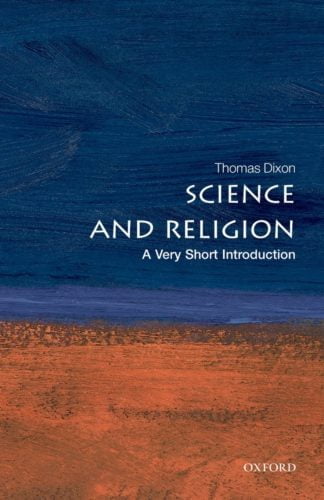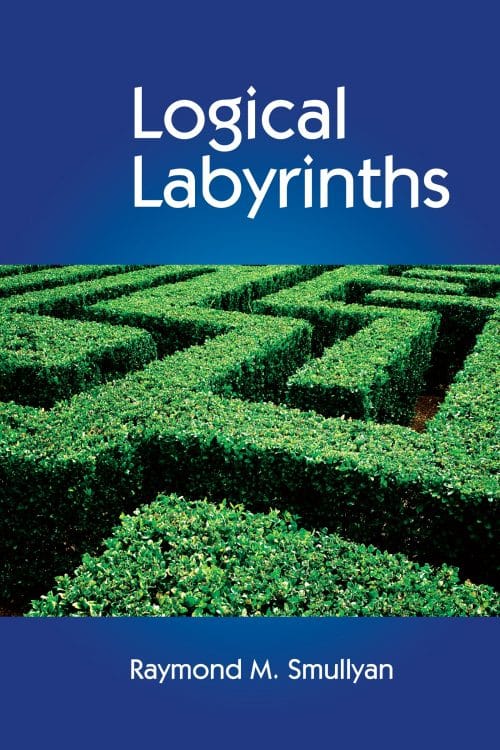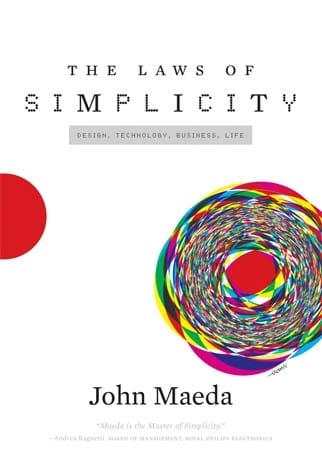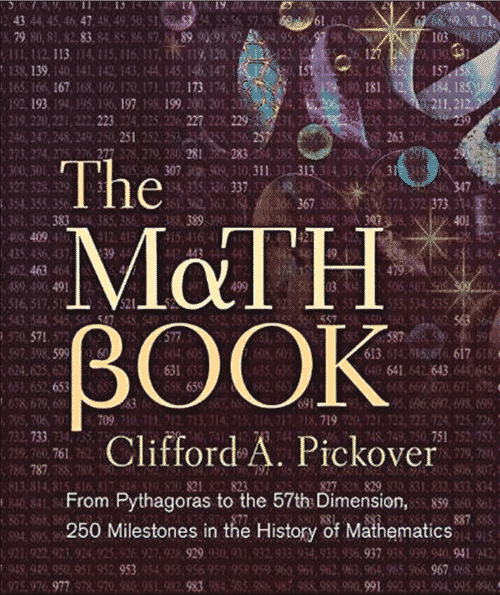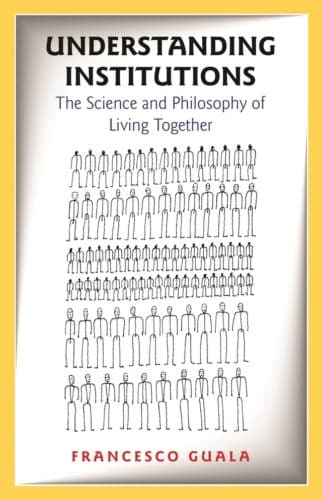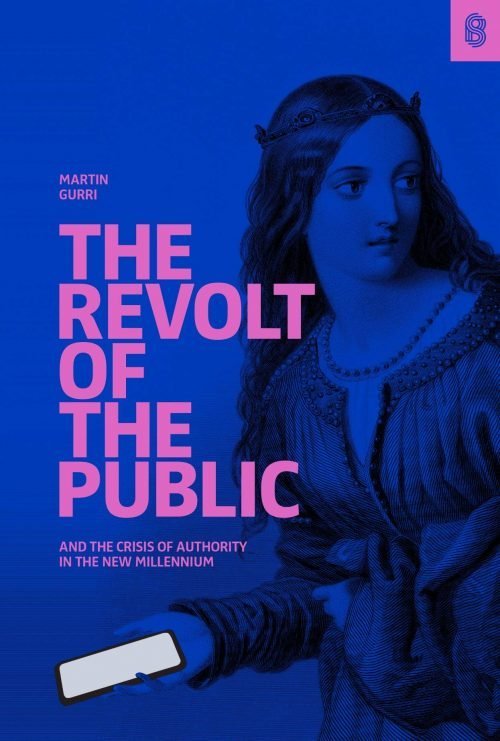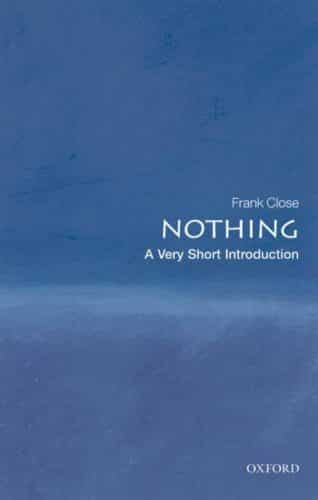In Philosophical Logic, one of the world’s foremost specialists presents a clear and concise critical examination of nonclassical logics of philosophical importance, written in an accessible and concise style. After providing a general overview of classical logic, John Burgess introduces five central branches of nonclassical logic, emphasizing the problematic relationship between formal apparatus and intuitive motivation. The book provides a choice between an overview and an in-depth study, and it strikes a balance between the philosophical and technical sides of the subject. It assumes little prior knowledge and is organized so that the more technical content is optional.
The book focuses on the relationship between models and the traditional purpose of logic, which is the evaluation of arguments. It critically evaluates apparatus and assumptions that are frequently taken for granted in the field. Philosophical Logic gives an extraordinarily detailed explanation of conditional logic, bringing together probabilistic and model-theoretic approaches in one book for the first time. It emphasizes the wide range of methods that have been taken to relevantistic and similar logics, as well as the difficulty of connecting formal systems to the motivating notions that underpin intuitionistic mathematics and mathematics as a science. Each chapter concludes with a brief recommendation for additional reading.
A thorough introduction to logic is provided, as is a new synthesis, in Philosophical Logic, which is aimed at students new to logic, philosophers working in other areas, and logic professionals.




